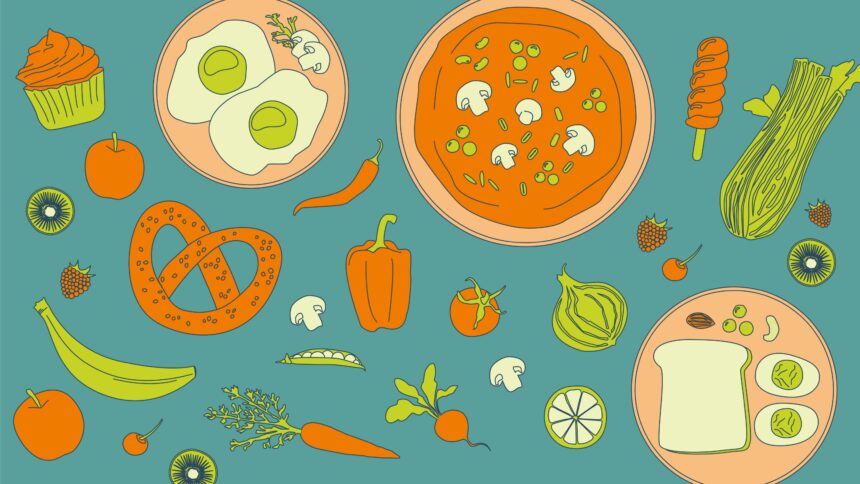Food decisions are a crucial aspect of our daily lives, impacting our health and well-being. For years, it has been widely reported that people make more than 200 unconscious decisions about food every day. However, recent research from the Max Planck Institute for Human Development challenges this claim, highlighting the need for a more nuanced understanding of eating behavior.
The study, published in the journal “Appetite,” scrutinized the basis for the 200 daily food decisions figure, which has been circulating in scientific literature, media, and health promotion campaigns for nearly two decades. Researchers Maria Almudena Claassen, Ralph Hertwig, and Jutta Mata uncovered methodological and conceptual flaws in the original study that generated this number, shedding light on the inaccuracies of the claim.
The original study by U.S. scientists Brian Wansink and Jeffery Sobal asked participants to estimate the number of food decisions they made per day, leading to an average of 226.7 decisions. However, the discrepancy between this estimate and participants’ initial guesses was attributed to unconscious or “mindless” decisions, overlooking a cognitive effect called the subadditivity effect.
The Max Planck researchers argue that the high number of “mindless” food decisions is not a reality but rather a result of participants’ tendency to overestimate when asked to assess specific aspects of a general question separately. This challenges the simplistic notion that people make hundreds of food decisions without even noticing, highlighting the importance of a more nuanced and contextual understanding of eating behavior.
To gain a more accurate insight into food decisions, the researchers advocate for methodological pluralism, combining qualitative observations, digital tracking tools, diary studies, and cross-cultural research. By focusing on concrete, context-specific decisions, individuals can align their food choices with personal goals, whether it’s weight loss, sustainability, or other health objectives.
Armed with this knowledge, individuals can engage in self-nudging, a strategy that involves designing their environment to make healthier choices easier. By strengthening decision-making competencies and promoting informed, health-conscious decisions, self-nudging empowers individuals to adopt sustainable eating habits without relying solely on external cues.
In conclusion, the myth of 200 daily food decisions serves as a reminder of the importance of critically evaluating health information and understanding the complexities of human behavior. By embracing a more nuanced approach to studying food decisions, we can empower individuals to make informed choices that support their well-being and long-term health goals.








